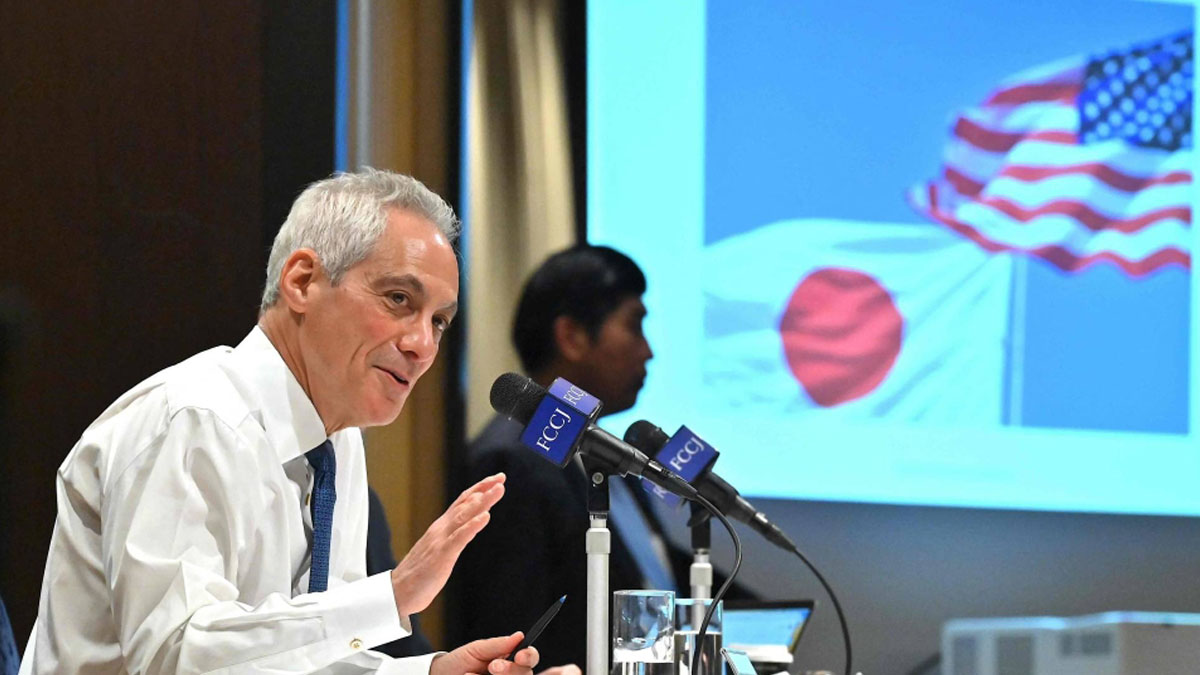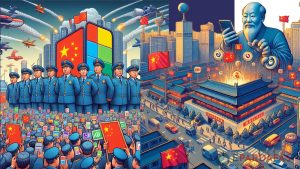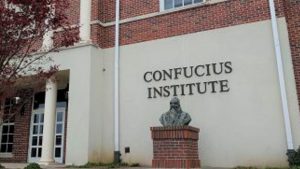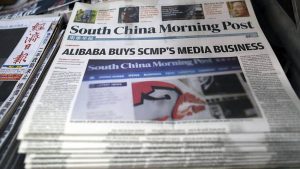
U.S. Ambassador to Japan Accuses Beijing of “Hypocrisy” and Concealing the Truth

U.S. Ambassador to Japan Rahm Emanuel has vowed to continue calling out Beijing for what he described as “hypocrisy” and lack of transparency, rebutting criticism that he may be stepping out of bounds following a series of tweets that have angered China.
“When it comes to tweets, maybe it stings when you call out the truth,” Emanuel said Thursday following a speech in Tokyo about Japan’s recent achievements in defense and diplomacy, emphasizing that he will continue to call out “all” hypocrisy and economic coercion.
“If you are going to be a superpower, which China is, and a dynamic country and economy … you have some responsibility to not only transparency but honesty,” the U.S. ambassador said during a press event at the Foreign Correspondents’ Club of Japan, adding that Beijing has “failed multiple times” at that.
Emanuel criticized Beijing’s implementation last August of a blanket ban on all Japanese seafood following Tokyo’s release into the ocean of treated water from the crippled Fukushima No. 1 nuclear power plant.
The ambassador also accused Beijing of “staying silent” for two weeks before telling the world about the growing threat posed by the COVID-19 virus.
“They banned travel within China, yet continued to travel internationally,” he said.
Emanuel’s remarks followed a speech on what he described as Japan’s “groundbreaking accomplishments” in the fields of defense, economic growth, diplomacy and soft power over the past two years.
This includes Tokyo’s revision of the country’s three key national security documents, its strengthening of diplomatic and military ties with a number of countries, growing foreign direct investment in Japan as well as Japan’s renewed success as an exporter of culture, innovation and technology.
Tokyo has “set a new metric and new measure for itself on what it can and what it will do,” Emanuel noted, adding that it is now up to the U.S. to make changes at the same pace as Japan and ask itself if its actions will be “bold and fast enough” to meet the changes taking place throughout the region.
In this context the diplomat said that Prime Minister Fumio Kishida’s state visit to the U.S. — expected to take place in April — will be meant as “a recognition, a celebration” of what Japan has accomplished in recent years.
The visit will also help build upon previous achievements, he said, noting that the two sides plan to not only expand the quantity and quantity of their deterrence capabilities but also become even more closely connected economically, especially in emerging and critical technologies.
“What the United States and Japan do together in the next three years will determine the future of the alliance and the region for the next 30 years,” the diplomat said.
Emanuel, a former mayor of Chicago and chief of staff under U.S. President Barack Obama, has raised eyebrows for his protocol-busting swipes at China.
This has prompted strong criticism from Beijing as well as speculation about whether his comments represent the White House’s official view at a time when Washington has been seeking to mend deteriorating ties with Beijing.
Last September he speculated on the prolonged absence of several Chinese officials from public view, while also highlighting the high unemployment rate for youth under President Xi Jinping.
“President Xi’s cabinet lineup is now resembling Agatha Christie’s novel And Then There Were None,” Emanuel said in a tweet.
“First, Foreign Minister Qin Gang goes missing, then the Rocket Force commanders go missing, and now Defense Minister Li Shangfu hasn’t been seen in public for two weeks. Who’s going to win this unemployment race? China’s youth or Xi’s cabinet?”
It later emerged that Beijing had quietly replaced these officials but the comments were seen by some as conflicting with the commonly observed practice of U.S. diplomats staying away from speculation on other countries’ domestic politics.
More recently, Emanuel also pointed to Chinese domestic issues when criticizing a reported announcement that Beijing would keep ships all year long around the Japan-administered Senkaku Islands, which China also claims.
“China faces record high youth unemployment, record low housing valuations, and a record industrial contraction. So much for year-end resolutions based on hitting the gym, no alcohol, a healthier diet and being kinder to your neighbors,” he tweeted.
Chinese state-owned media criticized Emanuel’s remarks, with the Global Times newspaper claiming in an editorial that Emanuel is “not a positive asset for Tokyo” and is aiming to “drive a wedge between China and Japan, as always.”














Comments